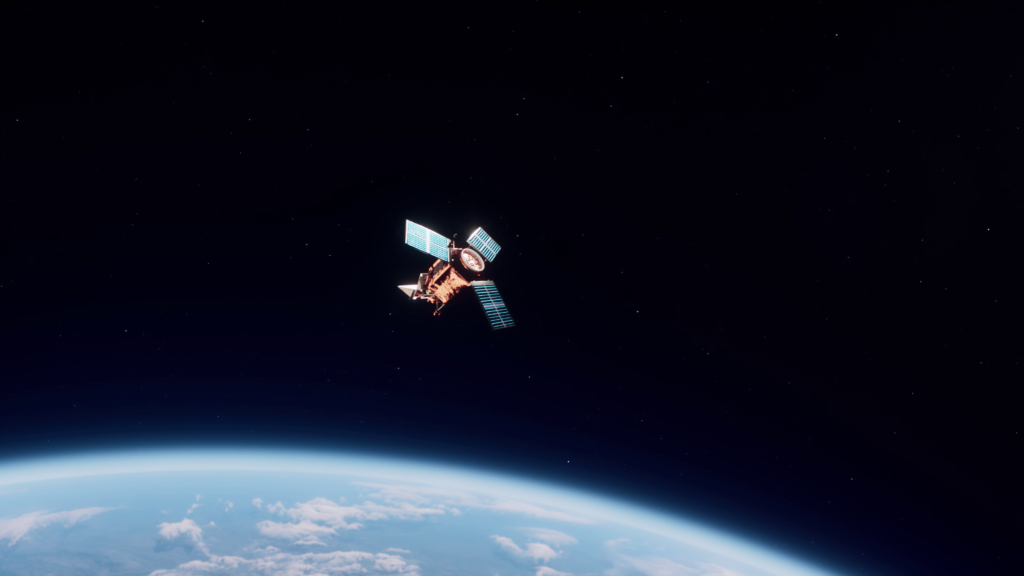EU SST welcomes the European Parliament’s position to adopt the Regulation establishing the EU Space Programme for the period 2021-2027, following the political agreement reached in December 2020 and the EU Council’s position from 19 April 2021. The Regulation, expected to enter into force in the coming days, will allow EU SST to continue and evolve its activities as a part of the space situational awareness (SSA) component of the EU Space Programme.
Under the new Programme, EU SST will continue to provide operational services related to surveillance and tracking of space objects that orbit the Earth, while expanding its user base and developing additional services aimed at improving the safety and sustainability of space activities.

Pascal Faucher, chair of the EU SST Consortium, stated that “the adoption of the EU Space Programme is an opportunity for EU SST to grow as a strategic asset for Europe. Space debris is a real threat for the safety and security of space infrastructure critical for our daily lives, and we welcome that space situational awareness (SSA) will continue to be a key component of the EU space policy”.
According to the Regulation text, EU SST activities under the EU Space Programme will include:
- SST services for collision avoidance, re-entry analysis and fragmentation analysis will become accessible to international organisations as well as to countries and entities outside of the EU;
- EU SST will develop additional services and seek synergies with initiatives promoting development and deployment of technologies for spacecraft disposal at the end of operational lifetime and of technological systems for the prevention and elimination of space debris, as well as with the international initiatives in the area of the space traffic management;
- the EU SST Consortium will become a Partnership, with new member states potentially joining.
Since 2016, the EU SST Consortium and the European Union Satellite Centre (SatCen) have worked together to develop a European SST capability and formed the SST Cooperation. The Consortium, currently composed by seven EU Member States, has networked its assets to provide a set of SST services to EU Member States, EU institutions, spacecraft owners and operators, and civil protection authorities. The SST services currently protect more than 210 satellites by assessing the risk of in-orbit collisions and uncontrolled re-entry of space debris into the Earth’s atmosphere, and by detecting and characterising in-orbit fragmentations. EU SST contributes to protecting the safety and security of European economies, societies and citizens.
